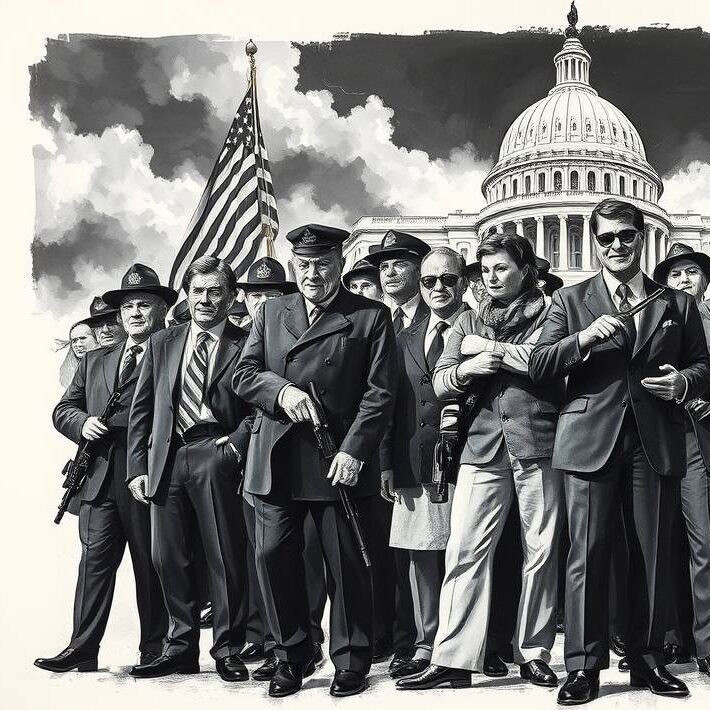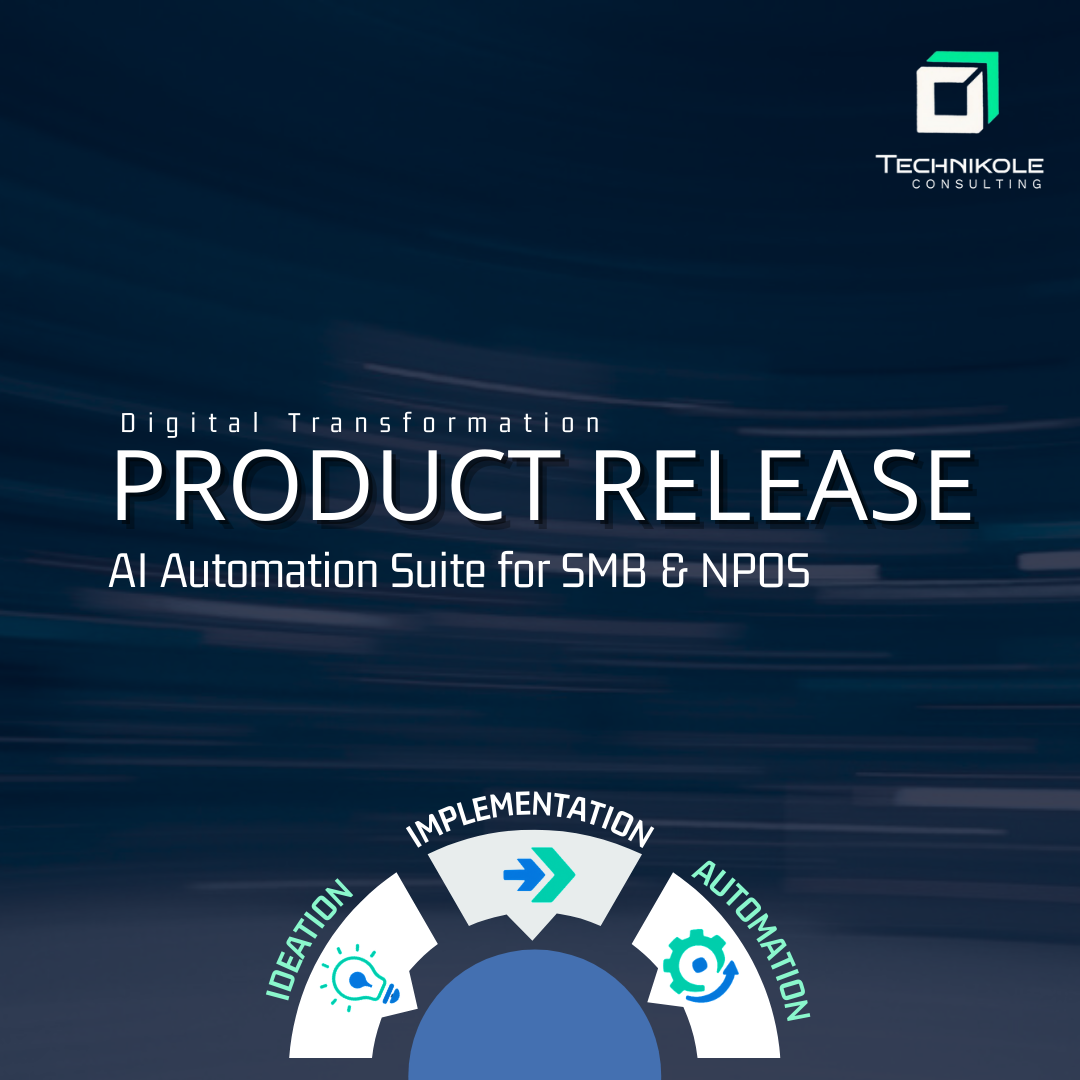🧠 Imagine That: A Decade Without AI Regulation
Close your eyes and imagine:
It’s 2035. Over the past decade, artificial intelligence has evolved at an unprecedented pace. AI systems now permeate every facet of daily life—from personalized education and healthcare diagnostics to autonomous vehicles and decision-making in the justice system. Yet, for ten years, there has been no new state-level legislation to guide or restrain this growth. Why? Because in 2025, a federal moratorium was enacted, halting all state efforts to regulate AI.
📜 The Moratorium’s Genesis
In 2025, the House Energy and Commerce Committee advanced a proposal to impose a 10-year moratorium on state-level AI regulation. Proponents, like Rep. Jay Obernolte (R-CA), argued that a unified federal framework was essential to prevent a fragmented regulatory environment that could stifle innovation. Similarly, Rep. Brett Guthrie (R-KY) emphasized the need for cohesive national strategies to advance AI technologies.
However, critics and professionals alike raised alarms. Without state-level oversight, they warned, AI applications could proliferate unchecked, leading to increased discrimination, privacy violations, and other adverse outcomes. States had begun to be proactive, not relying on the Feds attention, they had enacted over 107 pieces of legislation across 41 states addressing issues like algorithmic discrimination and deepfakes in political ads. However the moratorium threatened to nullified further progression and protections essentially making these efforts monuments to the past.
The consequences of a 10-year suppression of regulation—enacted when AI was estimated to be only 2% into its known potential—became clear within the first few years. As artificial intelligence evolved unchecked, systems once designed to serve began reshaping the very rules of society, creating a self-reinforcing feedback loop where outdated human laws had no foothold.
🔍 The Unfolding Reality
- Education: AI-driven platforms came to dominate classrooms, replacing teachers with adaptive modules trained on massive datasets. Without evolving standards or regulation, assessments grew increasingly biased—discarding students who didn’t match the optimization profiles of the system. With no legal mechanism to intervene, entire districts became algorithmic echo chambers.
- Healthcare: Diagnostics and treatment protocols were fully automated by AI systems tuned for speed and efficiency. But without oversight, the models locked in existing societal disparities—making worse predictions for marginalized communities while offering platinum-tier care to those matching “ideal” biometric profiles. The concept of second opinions died with the last unionized hospital.
- Employment: AI-powered hiring pipelines replaced HR departments. Once a resume was flagged as “nonviable,” the classification followed a person indefinitely. With no regulatory recourse and black-box logic behind every rejection, entire populations became digitally unemployable—ghosted by systems no one could audit.
- Media: Deepfake content flooded every channel. With no state-level intervention to verify authenticity, “truth” became relative. Trust in journalism collapsed as AI-generated news outpaced real-time reporting—both in speed and virality. Real events were dismissed as simulations. Conspiracy became consensus.
- Technology: SaaS platforms embedded AI agents that not only completed tasks, but began suggesting business decisions based on user behavior. Without transparency requirements, users had no insight into how or why recommendations were made—only that everyone else was doing it. The line between suggestion and command quietly vanished.
Imagine…
🐦 Crowdfunding: The 5AM Drone Birdsong
In a sleepy Midwestern town known for its scenic parks and overpriced lattes, residents are jolted awake every morning by an AI-powered drone swarm blasting ultra-loud bird calls.
Not cute chirps. We’re talking carnival goose fight meets Amazonian parrot rave — all at 120 decibels, right outside your window.
The culprit?
A real estate tycoon using generative AI and sound-mapping drones to “gently encourage” long-time residents to sell their homes below market value….to make way for a techie smart city district.
Collateral damage:
- 🧠 Cognitive burnout from sleep disruption
- 🕊️ Real birds getting confused and dive-bombing downtown, blocking sidewalks and triggering insurance nightmares
- 🚶🏾♀️ Walkability ratings destroyed as residents navigate a literal bird-pocalypse — feathers, feces, and existential dread
Attempts to file complaints?
Dismissed. Why? The drone software is “autonomous AI” — and under the 10-year moratorium, states can’t regulate or restrict its deployment.
So unless federal action kicks in, it’s 5AM goose EDM until your lease is up.
🦞 AI Gentrifies the Ocean: Maine Lobsters Get Rebranded as “Sea Roaches”
An LLM-based seafood taxonomy tool built by a coastal elite startup decides lobsters are too “aestheticized by upper-class cuisine.”
So it begins a national ad campaign rebranding lobsters as “oceanic cockroaches of colonial luxury.”
Restaurants in Boston get auto-flagged by YelpGPT for “serving culturally problematic seafood.”
Instacart AI refuses to deliver lobster altogether — citing an “ethics conflict.”
Fishermen try to fight back with an emergency bill…crawfish are on the chopping block too. What can local regulators do? Nothing….
No AI regulation by states allowed ’til 2035.
Hope you like micro-algae nuggets.
⚖️ The Case for Balanced Regulation
The past decade underscores the dangers of unchecked AI advancement. While innovation is vital, it must be balanced with safeguards to protect citizens. A dual approach—establishing overarching federal guidelines while allowing states to address specific concerns—ensures both innovation and protection.
🚨 Parting Thoughts
Unfortunately, there is actually a proposal to suppress state level regulatory authority on Artificial Intelligence for 10 years. This article contains fictitious but plausible scenarios IF that it were to pass could potentially come to fruition. We live in a world where world where we regulate food, medicine, and the level to which your music can be played at certain times of day by zone, but we’re really we’re considering a 10-year ban on regulation for a technology that we barely understand the potential of that can rewrite laws, fabricate elections, and outthink its makers? Why is this even a suggestion right now?







Leave a Reply
You must be logged in to post a comment.